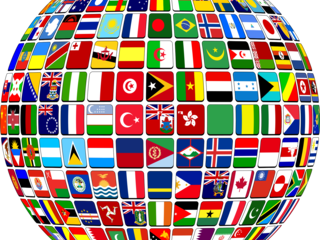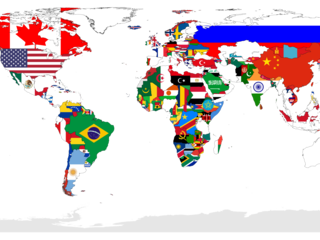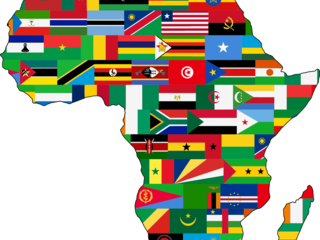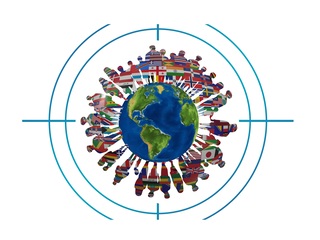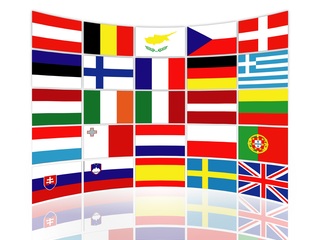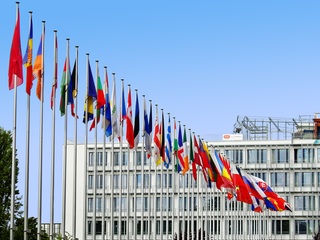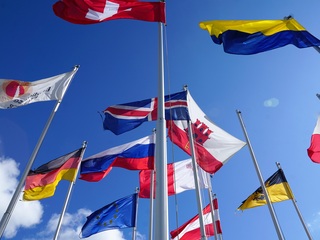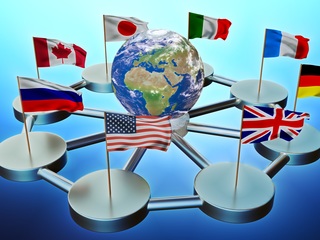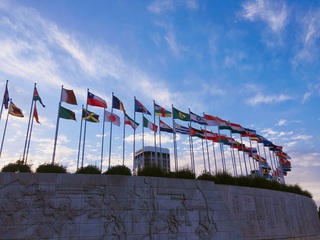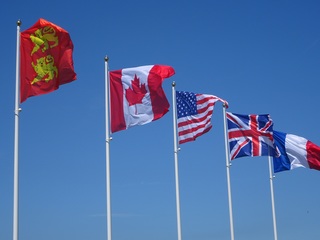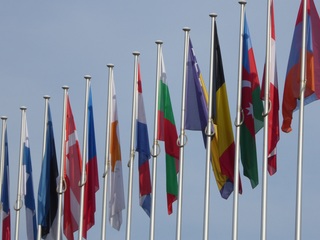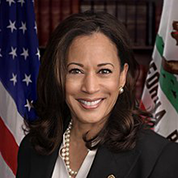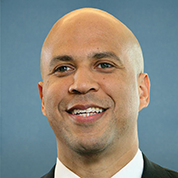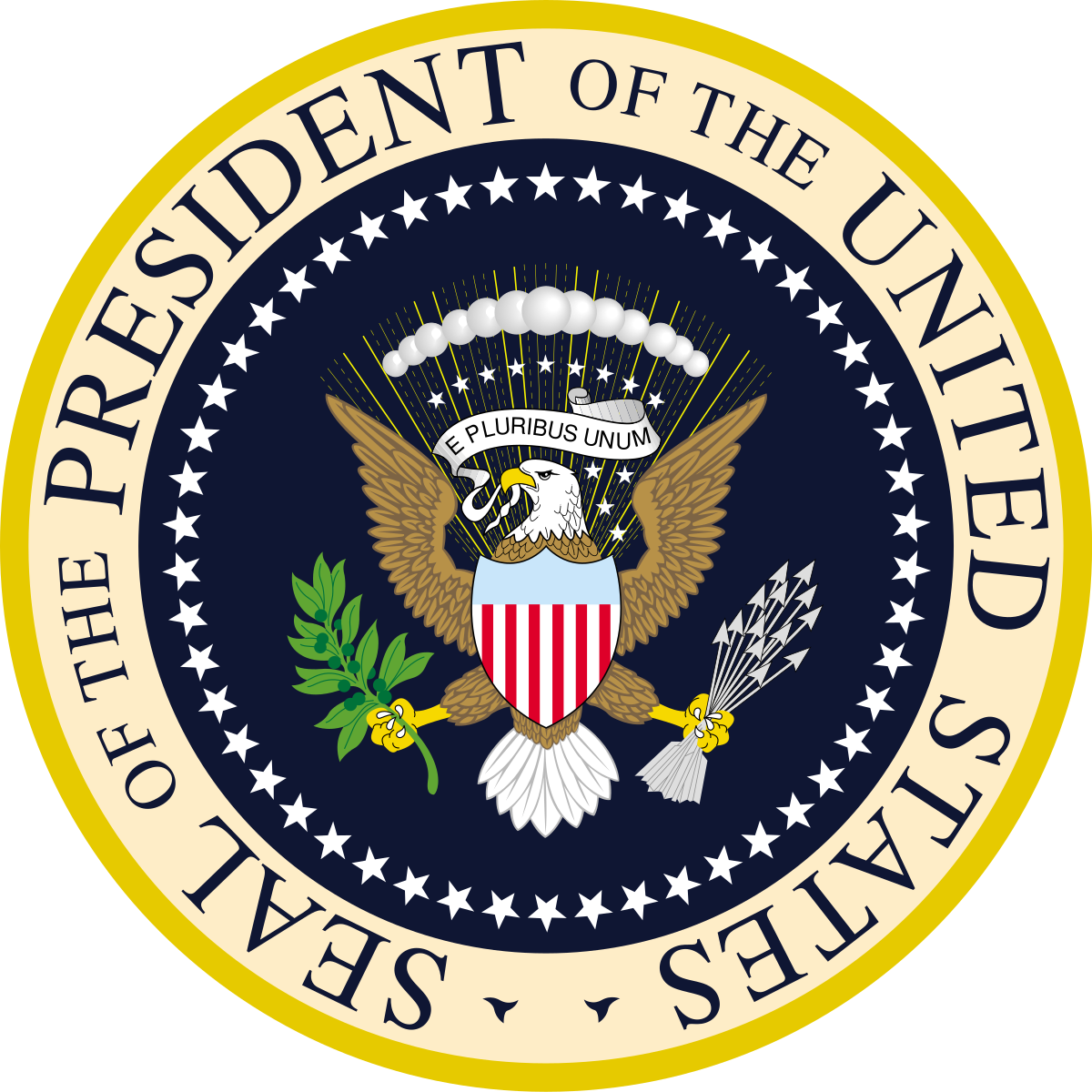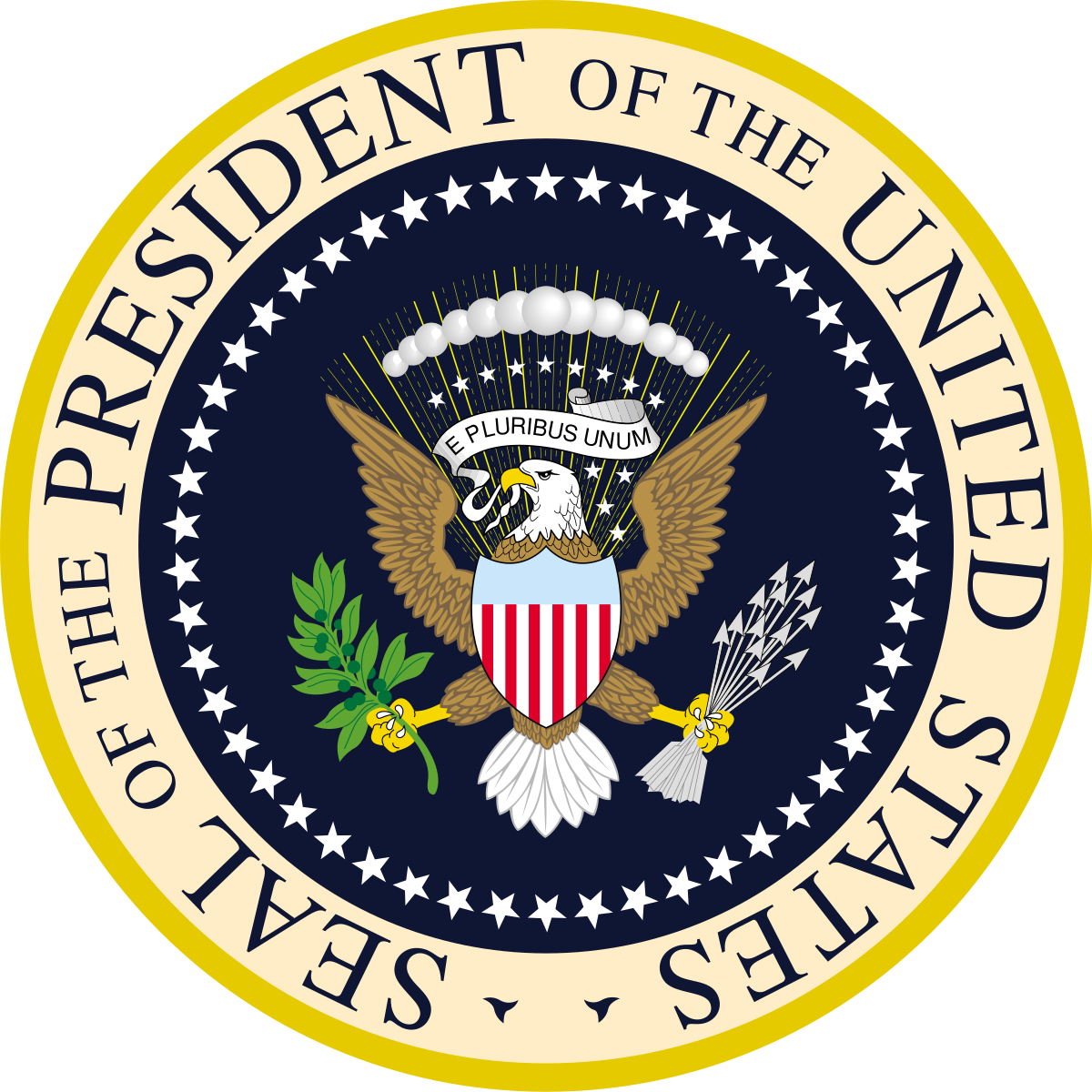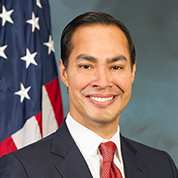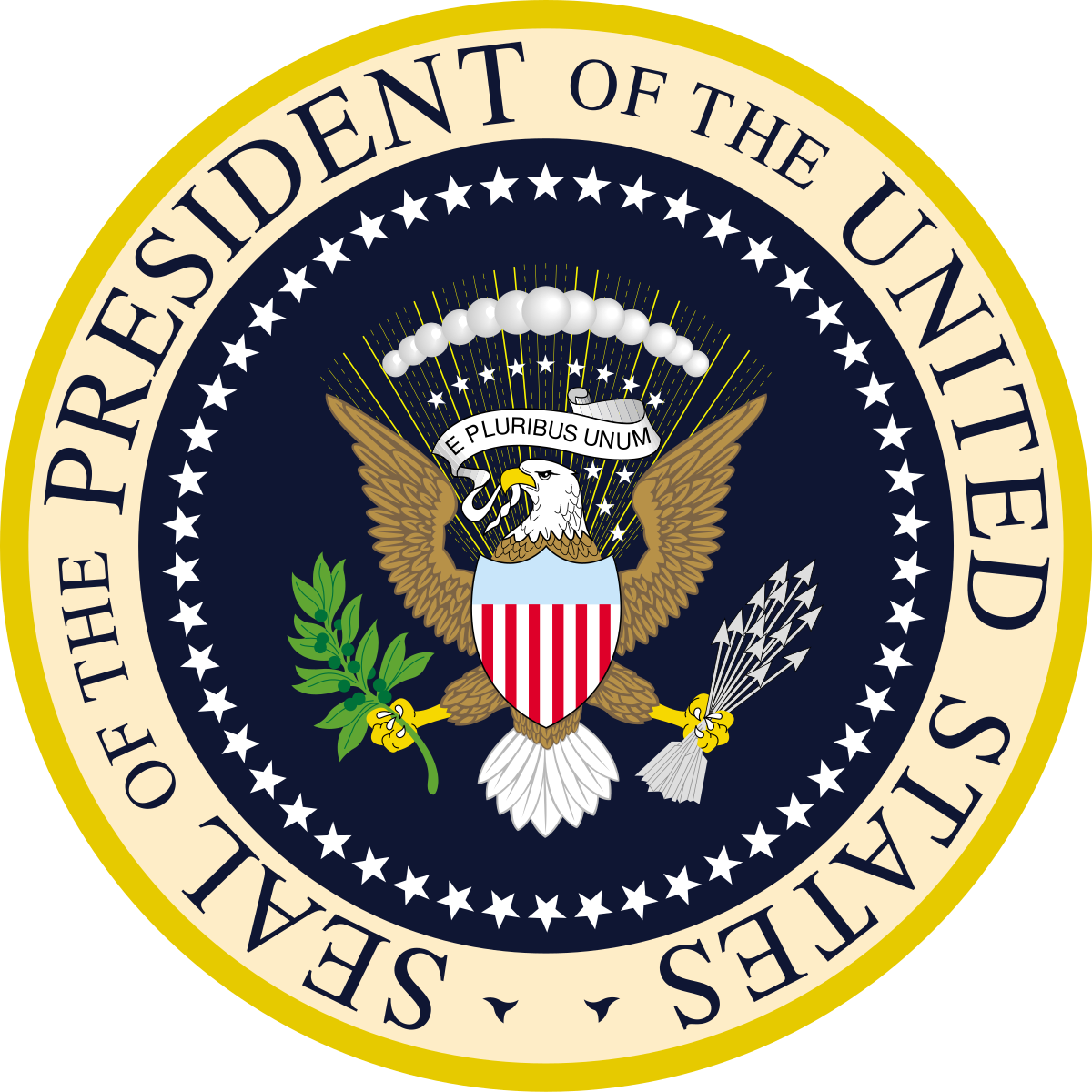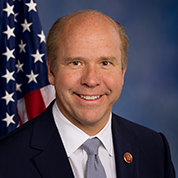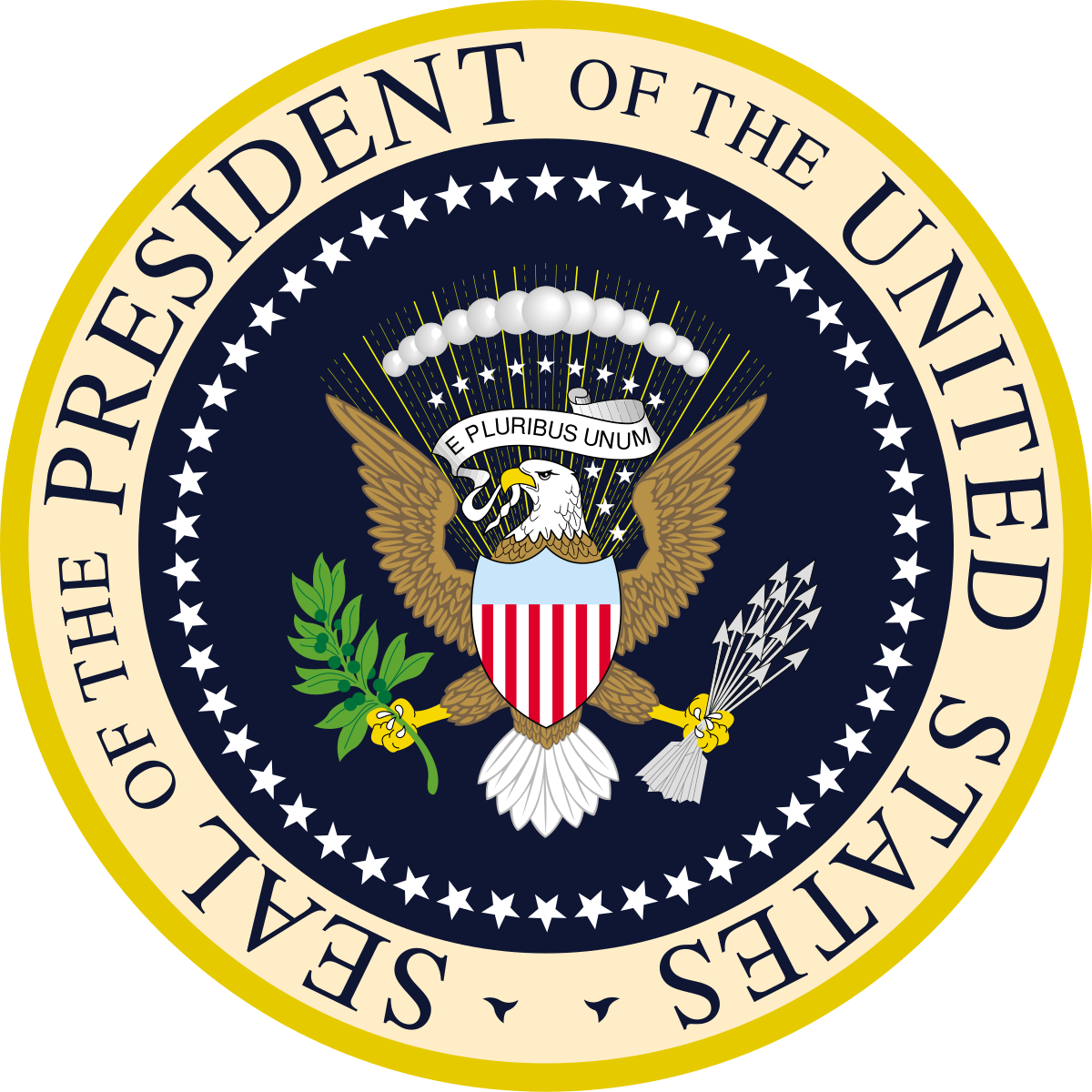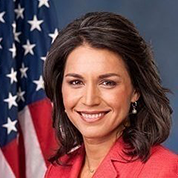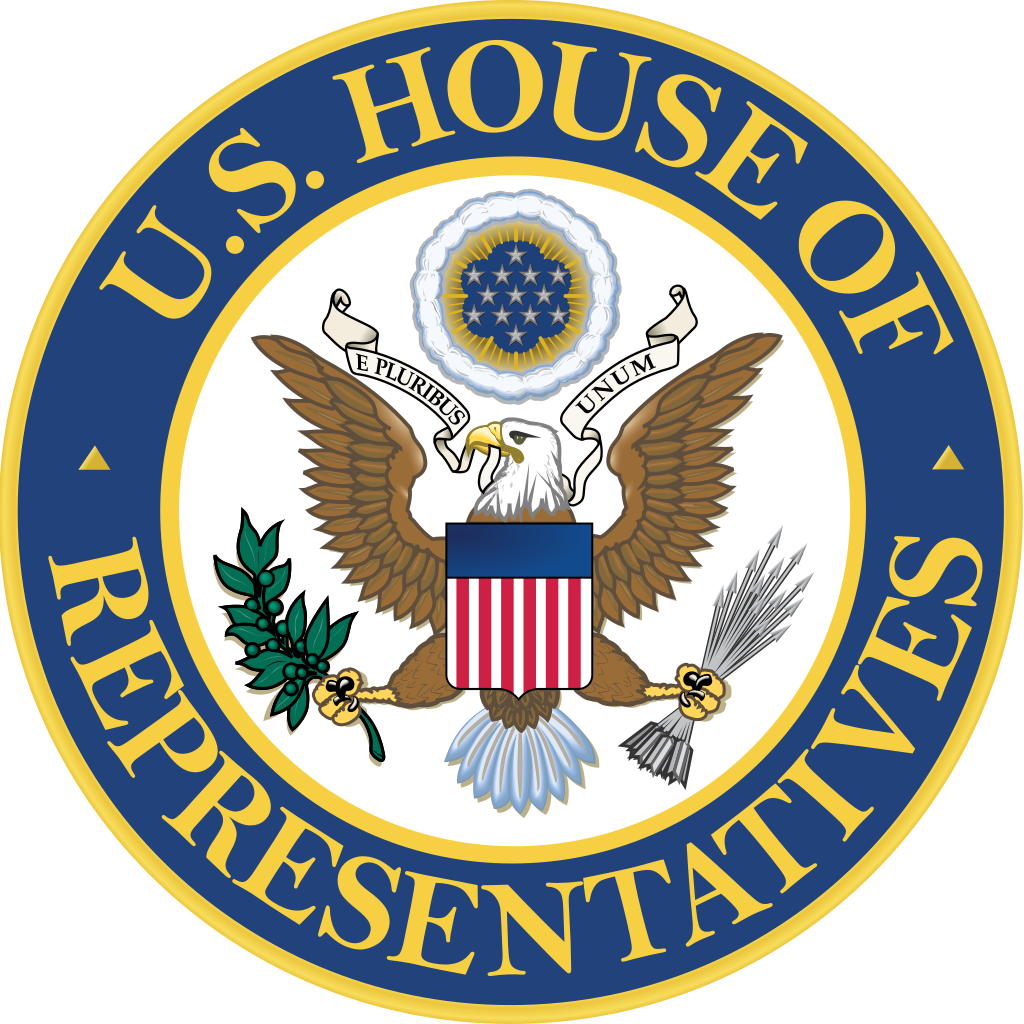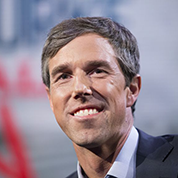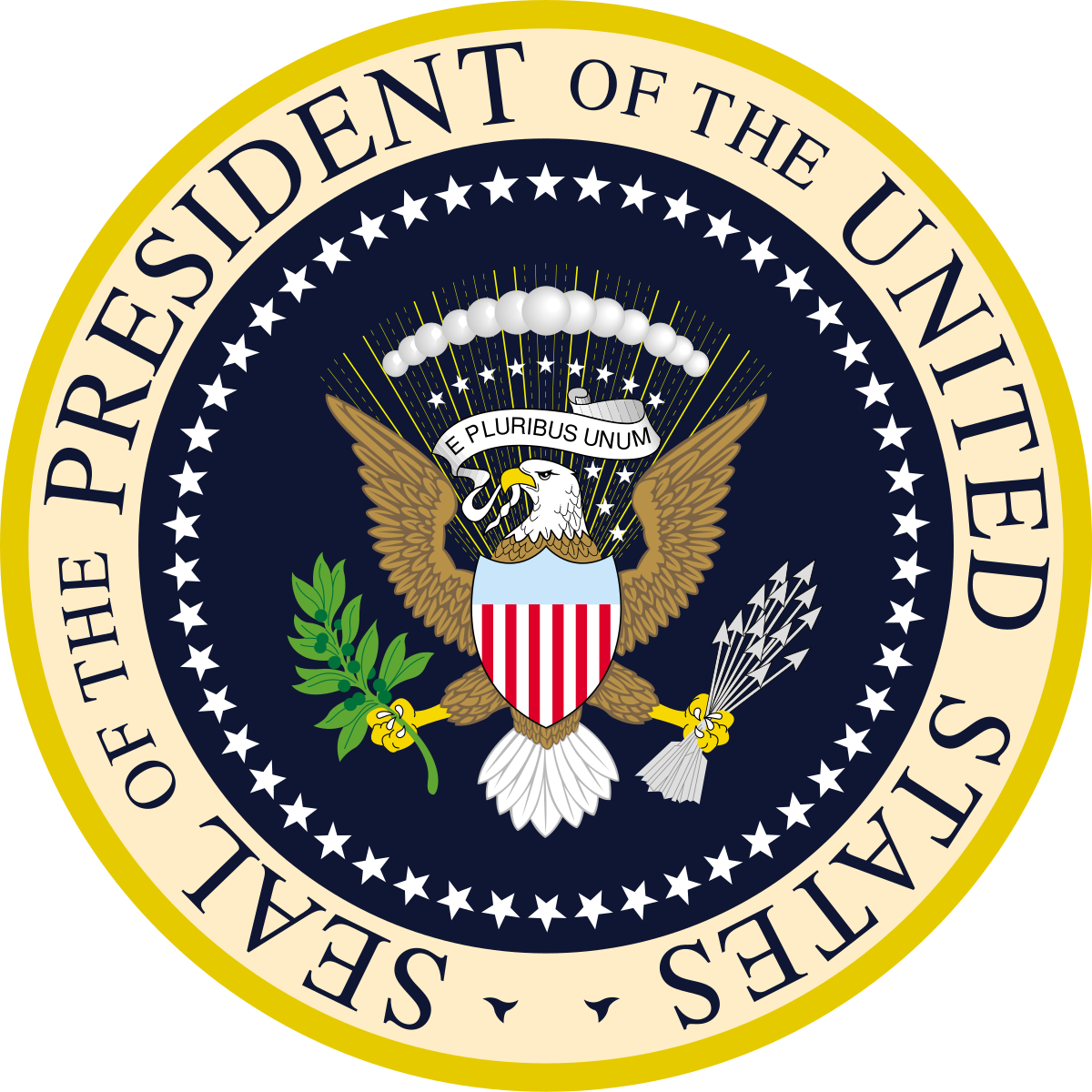Foreign policy, General objectives that guide the activities and relationships of one state in its interactions with other states. The development of foreign policy is influenced by domestic considerations, the policies or behaviour of other states, or plans to advance specific geopolitical designs.
The purpose of foreign policy is to further a state’s interests, which are derived from geography, history, economics, and the distribution of international power. Safeguarding national independence, security, and integrity—territorial, political, economic, and moral—is viewed as a country’s primary obligation, followed by preserving a wide freedom of action for the state. The political leaders, traditionally of sovereign states, who devise...
Foreign policy, General objectives that guide the activities and relationships of one state in its interactions with other states. The development of foreign policy is influenced by domestic considerations, the policies or behaviour of other states, or plans to advance specific geopolitical designs.
The purpose of foreign policy is to further a state’s interests, which are derived from geography, history, economics, and the distribution of international power. Safeguarding national independence, security, and integrity—territorial, political, economic, and moral—is viewed as a country’s primary obligation, followed by preserving a wide freedom of action for the state. The political leaders, traditionally of sovereign states, who devise foreign policy pursue what they perceive to be the national interest, adjusting national policies to changes in external conditions and technology. Primary responsibility for supervising the execution of policy may lie with the head of state or government, a cabinet or a nominally nongovernmental collective leadership, the staff of the country’s leader, or a minister who presides over the foreign ministry, directs policy execution, supervises the ministry’s officials, and instructs the country’s diplomats abroad.
Foreign policies of countries have varying rates of change and scopes of intent, which can be affected by factors that change the perceived national interests or even affect the stability of the country itself. The foreign policy of a country can have a profound and lasting impact on many other countries and on the course of international relations as a whole, such as the Monroe Doctrine conflicting with the mercantilism policies of 19th-century European countries and the goals of independence of newly formed Central American and South American countries.


